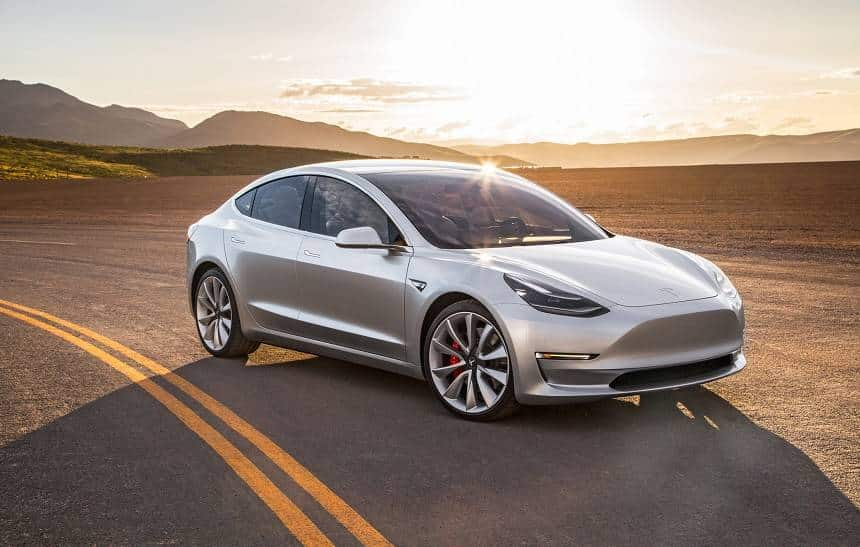In 2023, the global automotive landscape is rapidly evolving, with electric vehicles (EVs) continuing to capture headlines and market share. With over 10 million EVs sold worldwide last year, according to Bloomberg Green, it’s clear that the shift towards greener transportation is more than just a trend—it’s a revolution. But where does that leave traditional gas-powered cars and hybrids? In this article, we’ll explore the latest market trends for EVs, hybrids, and gas vehicles, and what these developments mean for you as a consumer. Whether you’re considering purchasing a new car or simply curious about the future of mobility, this guide will help you navigate your options.
The Rise of Electric Vehicles in 2023
Why EVs Are Gaining Popularity
Electric vehicles have been making waves due to several key factors:
- Environmental Concerns: As countries commit to reducing carbon emissions, EVs offer a cleaner alternative. The International Energy Agency (IEA) reports that EVs can reduce CO2 emissions by up to 50% compared to traditional cars.
- Government Incentives: Many governments offer tax breaks and subsidies to encourage EV adoption. For instance, in the US, the Inflation Reduction Act provides significant tax credits for EV purchases.
- Technological Advancements: With improvements in battery technology, such as solid-state batteries, EVs now offer longer ranges and faster charging times. Tesla and Rivian are leading the charge with ranges exceeding 400 miles on a single charge.
Challenges Facing EV Adoption
Despite their advantages, EVs face some hurdles:
- Charging Infrastructure: While companies like ChargePoint and EVgo are expanding their networks, charging stations are still less ubiquitous than gas stations.
- Initial Cost: Although prices are decreasing, EVs can still be more expensive upfront compared to gas cars. However, Bloomberg predicts that price parity will be reached by 2025.
Hybrids: The Middle Ground
Benefits of Hybrids
Hybrids offer a blend of electric and gas power, providing several benefits:
- Fuel Efficiency: Hybrids like the Toyota Prius can achieve over 50 miles per gallon, making them a cost-effective choice for long-distance drivers.
- Less Range Anxiety: With a gas engine as backup, hybrids alleviate the fear of running out of power.
- Lower Emissions: While not as green as EVs, hybrids produce fewer emissions than traditional gas vehicles.
Hybrid Market Trends in 2023
The hybrid market remains strong, with models like the Hyundai Ioniq and Ford Escape Hybrid leading sales. According to AutoCar, hybrids accounted for 20% of new car sales in Europe in 2023. However, as EV technology improves, the demand for hybrids may plateau.
Gas Cars: Still Relevant?
Advantages of Gas-Powered Vehicles
Gas cars have been the dominant choice for over a century, and they still offer:
- Lower Purchase Price: Generally cheaper to buy than EVs and hybrids.
- Widespread Infrastructure: An extensive network of gas stations ensures convenience for drivers.
- Familiar Technology: Many consumers are more comfortable with traditional combustion engines.
The Future of Gas Cars
While gas cars remain popular, their market share is declining. Reuters Mobility reports a 15% drop in gas vehicle sales in 2023. With increasing environmental regulations, some manufacturers are phasing out gas models entirely. Volkswagen plans to stop selling gas cars in Europe by 2030, signaling a significant shift in priorities.
Practical Tips for Choosing Your Next Vehicle
How to Decide Between EVs, Hybrids, and Gas Cars
When deciding which type of vehicle suits your needs, consider the following:
- Driving Habits: If you frequently take long trips, a hybrid might be the best choice. For city driving, an EV could be ideal.
- Budget: Evaluate the total cost of ownership, including fuel, maintenance, and potential tax incentives.
- Environmental Impact: If reducing your carbon footprint is a priority, EVs are the most sustainable option.
- Infrastructure: Consider the availability of charging stations or gas stations in your area.
Where to Buy and What to Compare
- Where to Buy: Major dealerships and online platforms like Carvana offer a range of EVs, hybrids, and gas cars.
- What to Compare:
- Range and Efficiency: Look at the vehicle’s range per charge or tank and fuel efficiency.
- Total Cost: Factor in purchase price, incentives, and operating costs.
- Features: Consider technology, safety features, and comfort.
Conclusion: The Road Ahead
As we navigate the automotive landscape in 2023, the choice between EVs, hybrids, and gas cars is more complex than ever. Each option has its advantages and challenges, but the trend is clear: the future is electric. With advancements in battery technology and infrastructure, EVs are becoming increasingly accessible. Whether you’re looking to reduce your carbon footprint or simply want a cost-effective vehicle, understanding these trends will help you make an informed decision.
Are you ready to make the switch to an EV, or do you prefer the familiarity of a hybrid or gas car? Share your thoughts in the comments below! As technology progresses and policies shift, one thing is certain—the way we drive is changing, and the journey is just beginning.

